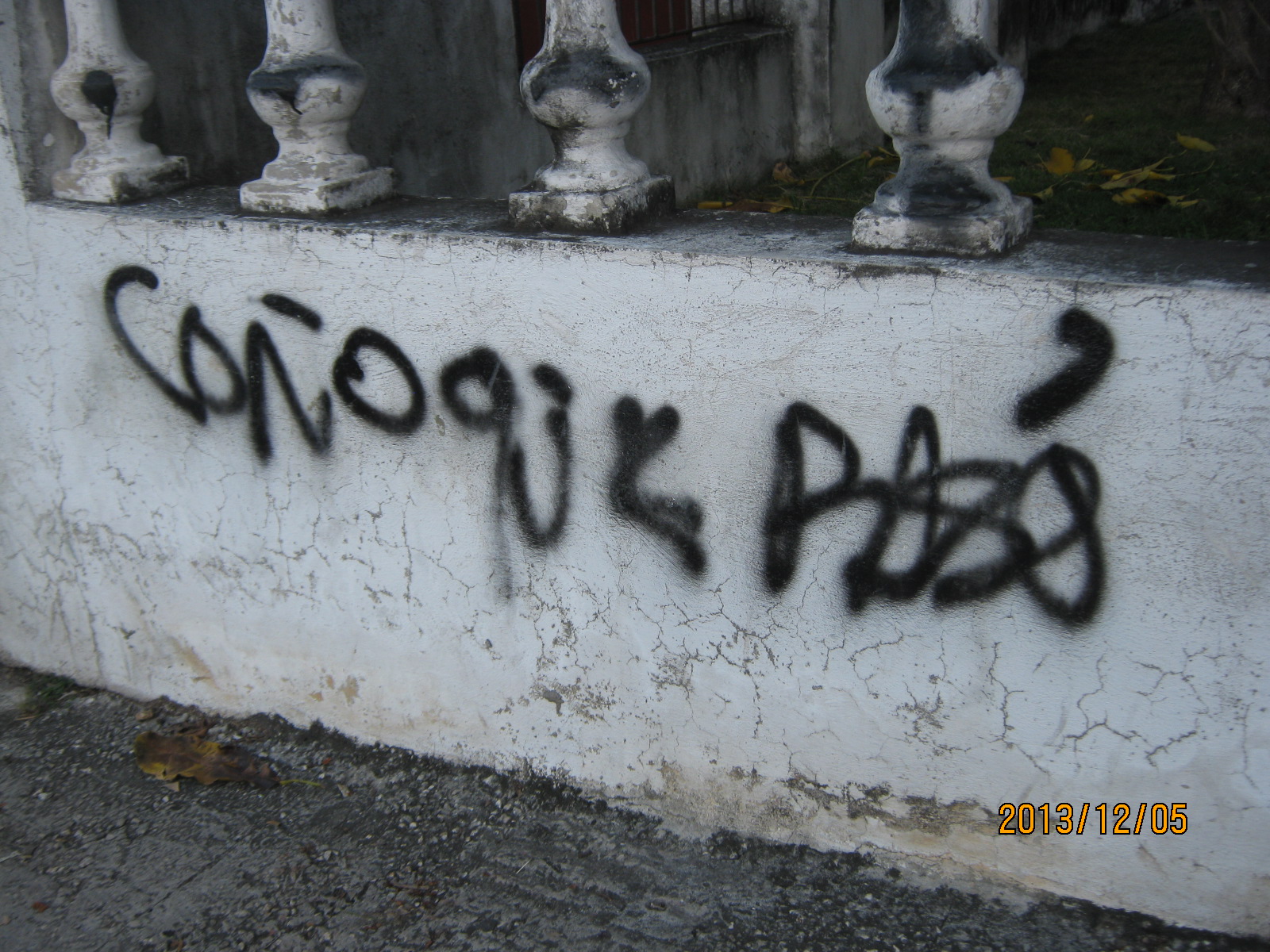In Nuevo Vedado — according to popular opinion one of Havana’s best neighborhoods — something has been happening for several years that would have been unthinkable in the past: assaults with firearms, knives and even bare hands. It does not matter who you are; you can be targeted by criminals even if you have only one CUC to your name. Recently, this happened to a friend of mine, who carelessly answered a call on her cell phone one night. She was attacked, jabbed in the buttocks and stripped of all her belongings by some youths who could not have been more than sixteen-years-old.
Two weeks ago all the outdoor furniture at a house in a neighborhood just outside Herradura was stolen. The owners — an elderly man in his eighties and his daughter, who was at work at the time — filed a report at their local police station.
A few days after filing the report, the man, who stays home all day — a fact known to his neighbors and friends as well as to the robbers — received a visit from a uniformed police officer. Once inside the house, the officer told the victim that the robbers had been apprehended but that the police were unable to recover the stolen items and gave him a form to sign stating that he was being giving 3,000 CUCs in compensation. The man in question then signed the form and was handed a roll of bills by the officer, who immediately left the premises. Once alone, the man began calmly counting the money and was astonished to find there were only 2,000 CUCs.
How is it possible for an officer of the law, acting on his own, to show up and settle the criminal’s debts without a trial being carried out, a sentence being handed down, and the amount and means of compensation being determined by a magistrate?
Could it be that, out of fear of being discovered or a desire to protect a close family member, the officer decided to handle things himself and in the process stiff the victim?
This remains an open question.
21 November 2014

